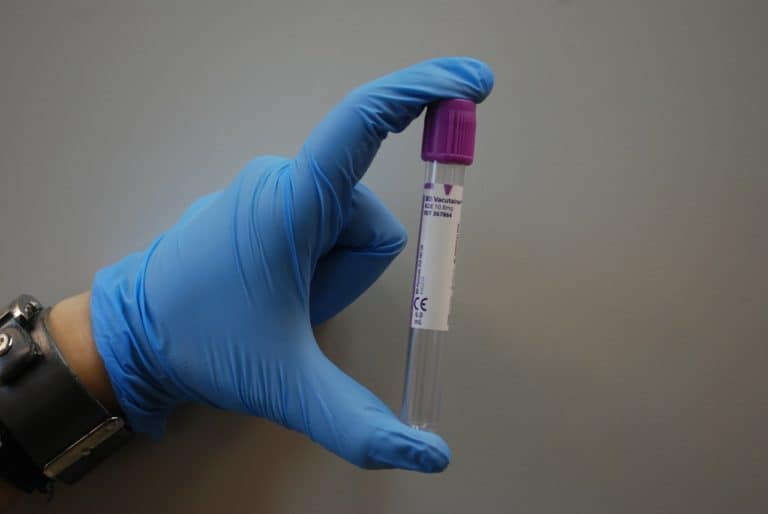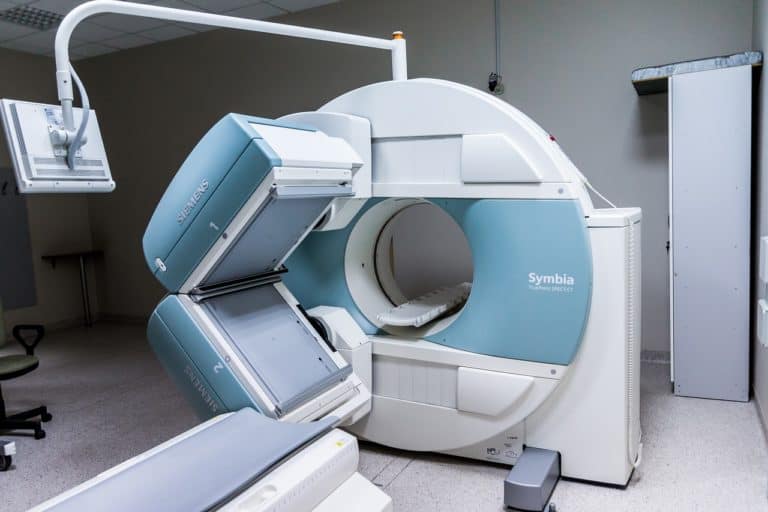Men who have been diagnosed with prostate cancer should take a serious look at their vitamin D levels. New research indicates there is a link between low levels of vitamin D and aggressive prostate cancer, so the faster you deal with vitamin D deficiency perhaps the better your chances of tackling the disease.
The team at Northwestern University had uncovered an association between low levels of vitamin D and aggressive prostate cancer in the past, but that research looked only at blood samples taken long between treatment. In the newest study, the investigators compared vitamin D levels in blood several months prior to radical prostatectomy with those at the time of surgery.
What the new study of vitamin D and prostate cancer uncovered
The new study involved 190 men who underwent radical prostatectomy (prostate surgery) from 2009 to 2014. At the time of surgery, 87 of the men had prostate cancer that had spread beyond the gland (aggressive cancer). Here’s what the experts saw when looking at the data:
The men with aggressive prostate cancer had a median vitamin D level of 22.7 ng/mL, a level that is significantly lower than the one considered sufficient by the Vitamin D Council (40-80 ng/mL) and Endocrine Society (30-100 ng/mL).
The men without aggressive prostate cancer had a median vitamin D level of 27 ng/mL, which is also low, yet better than the average vitamin D level during the winter months in Chicago, which is 25 ng/mL.
What the study findings mean for men with prostate cancer
The study’s lead investigator, Adam Murphy, an assistant professor of urology, recommended that men who have dark skin, low exposure to sunlight, or low levels of vitamin D should be tested for vitamin D deficiency when they are diagnosed with prostate cancer or an elevated prostate-specific antigen (PSA) level. Previous research has shown that black men who don’t get enough exposure to sunlight are up to 1.5 times more likely to have a vitamin D deficiency than are white men. Prostate cancer develops about 60 percent more often among black men than white men, and their diagnosis is more likely to be advanced.
Any uncovered deficiencies should be corrected with vitamin D supplementation. The amount of vitamin D men need to take to correct a deficiency will depend on its severity. The Vitamin D Council recommends taking 5,000 International Units (IUs) daily for maintenance purposes, while the Endocrine Society suggests 1,500 to 2,000. The Food and Nutrition Board recommends 600 to 800 IU, considered too low by many experts.
To correct a serious deficiency, however, can require taking 10,000 IU daily, which is considered to be the upper limit by the Vitamin D Council and Endocrine Society. You should never take more than 5,000 IU daily without being supervised by your healthcare provider.
The take-home message is if you have been diagnosed with prostate cancer or an elevated PSA, be sure to get your vitamin D levels checked. Even as a preventive measure, all men should have their vitamin D levels measured periodically, especially if they do not get enough exposure to sunlight and/or do not take vitamin D supplements currently.







